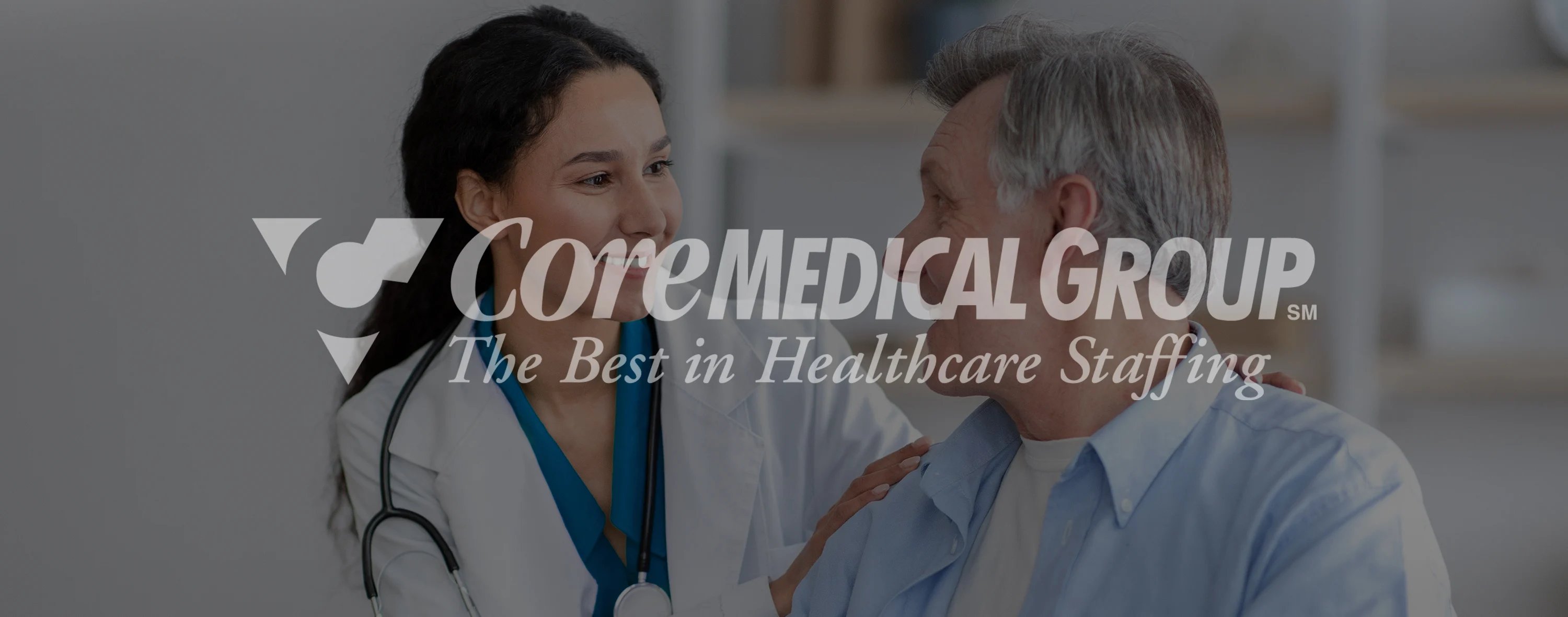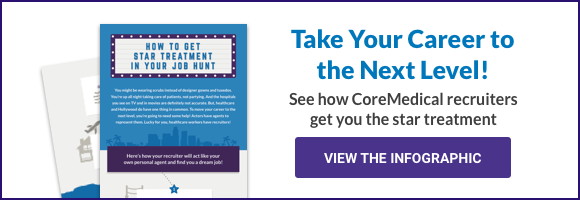
When I was in high school, I wanted to be a sports columnist. I loved sports, I loved writing; in theory, it seemed like a natural progression. So I took a position as a sports editor for the school newspaper and... I hated it. As much as it seemed to make sense, it wasn’t exciting to me and it wasn’t fulfilling in any way, so I quit. I took a deep look at myself and my life and realized that I had no purpose! I had no idea what I wanted to do and there was really no reason for me to exist. I made a decision to find my purpose and vowed to never put myself in a position to deviate from that purpose again.
“I looked at my life: why do I do what I do? What makes me tick? Why does it matter that I breathe air? After much self examination and reflection."
I came to this conclusion: My purpose in life is to help others achieve their full potential. My choice to become a physical therapist is tangible proof of this and it has allowed me to live a happy and fulfilling life thus far.
After a few years as a staff PT, I was very comfortable in my role, but I started to feel like I wasn’t living up to my own potential. At OPTM Saratoga, we developed a stellar reputation in the community but we had some internal problems.
The company was growing quickly and was encountering some problems that come with fast-growing companies: basically widespread disorganization and inefficiency. I proposed to our CEO that we create a Clinical Director position to help solve these problems and help with further growth. I was responsible for writing my own job description and defining the role of Clinical Director at OPTM Saratoga.
As Clinical Director since 2017, I have been able to accomplish so many things. Here are a few highlights:
- Created and implemented organizational meeting structure, led weekly, quarterly and annual leadership meetings; standardized organizational procedures
- Created and implemented interviewing, hiring, onboarding, and exit process for therapist and aide teams
- Oversaw clinical team and daily operations and supported teams of up to 16 people
- Created and implemented clinical scorecards for team accountability
- Participated in development of standardized patient experience
- Participated in development of organizational vision and development and attainment of short, medium, and long term goals
Since becoming a Clinic director I have seen the good and the bad. Here are a few Pros and Cons to becoming a clinic director to help you make the best decision on if this is the best next step for you physical therapy career
There is no particular reason for the order of the items listed below. Different things are important to different people at different times, and this is itself is something to think about when deciding whether or not to step up to the Clinical Director level.
PROS:
- You have a HUGE positive impact on your company and the lives of others
- As Clinical Director, your direct impact changes dramatically. You now have the power to support others around you and help them to achieve.
- When they are successful, you are successful. When you are successful, your organization can be successful.
- When your organization is successful, you have the ability to help the people in your community and much more.
- You help develop your team to help your community and your profession
- As Clinical Director, you will be responsible for the development of your staff therapists. This means they need to be managed in day-to-day performance, but you are also there to support them in becoming better therapists.
- When your team achieves better outcomes, patients have a better experience with physical therapy and they are more likely to tell others.
- I believe this is one of the most important ways to strengthen our profession and help more people avoid having to resort to medications, injections, and surgery.
- You make more money
- When you get promoted to Clinical Director, you should make more money! Your value increases, your contributions have more direct impact on the company and you should therefore be compensated at a higher level.
However, it’s not all a cakewalk...
CONS:
- More responsibility and more stress
- With more power, comes more responsibility which can be great! But it can also be really stressful.
- As a Clinical Director, if there are problems, you often have to take the blame and then find solutions. You have to have a thick skin and remember that everyone on your team wants the same thing.
- You’re not in trouble...but you better make sure that thing that happened doesn’t happen again!
- Longer hours
- Expect to work longer hours. It’s not a 9-5 job. You may need to work from home or take calls off-hours or conduct interviews on a Saturday. But hey, that’s why you make the big bucks!
- Dealing with complaints
- Be ready to deal with complaints from customers.
- Your efforts as Clinical Director should limit the amount of issues that you have, but even if you are perfect, people will find fault with something.
- People can be angry, irrational, and sometimes downright crazy. You’ll have to walk the fine line between satisfying your complainers and standing up for your team. It’s not easy and it’s not for everyone.
- Deal with employees that don’t meet expectations
- Sometimes, employees will run into problems. They may be issues with communication, behavior, or performance.
- You may even have a situation where an employee is practicing unsafely or unethically. You have to deal with these situations and it can be uncomfortable, especially if the employee becomes defensive or confrontational.
- If you can’t handle delivering news that people may not want to hear or holding others accountable, you might struggle in the role of Clinical Director.
If you are interested in taking the next step in your physical therapy career, moving into the role of Clinical Director can be a very rewarding choice. You can make a bigger impact in your facility, your community, and your profession. You can have a say in what happens in daily operations and maybe company direction. It will allow you to use your leadership skills to inspire others to achieve! That being said, it’s not for everyone and it’s a decision that shouldn’t be taken lightly, as it requires hard work, creativity, and excellent listening and problem-solving skills.
